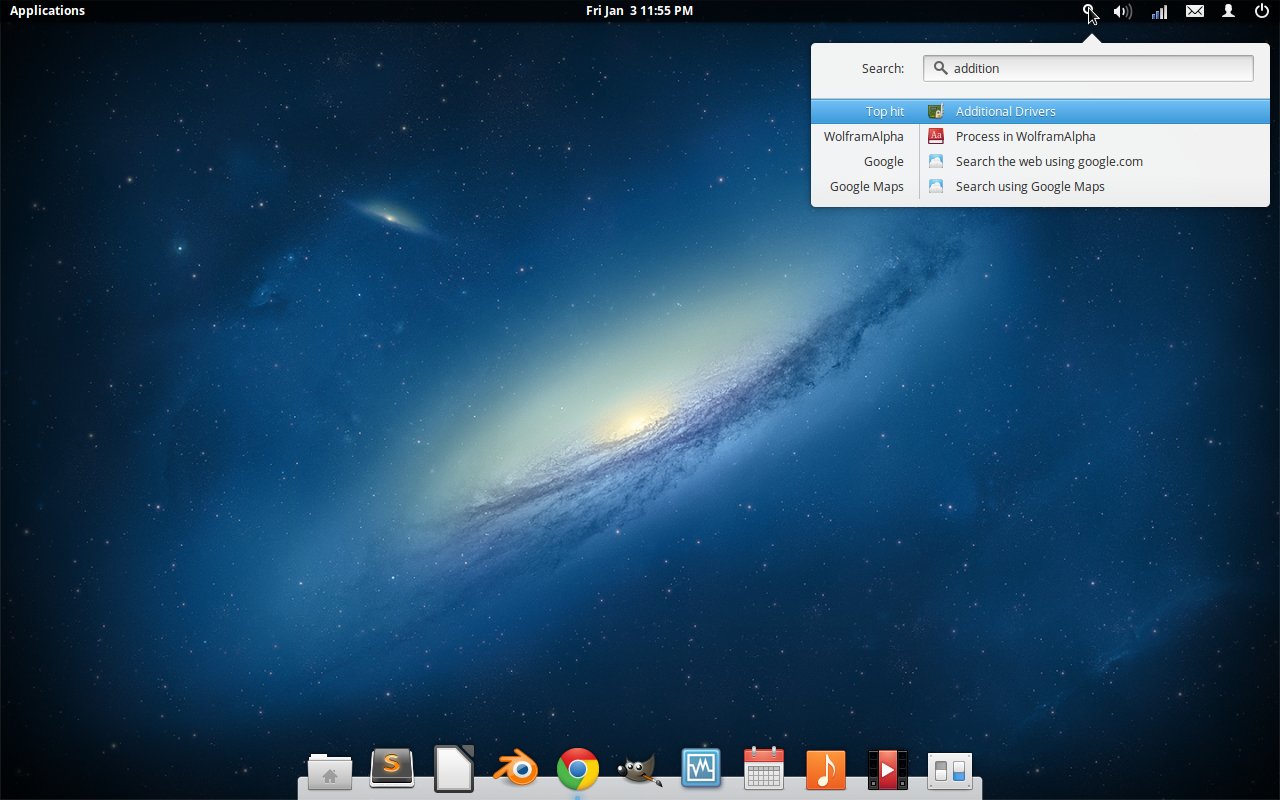So I just got a new laptop, it was originally running 64bit windows 8 so i had to get rid of it.
Daft question, but I put a 32bit linux os (Elementary OS) on my system and it is running hideously slow.
I'm hoping it is just that I've put the wrong bit version on and the 64bit version of the OS would be better?
So the questions is why the difference? I thought you could use a 32bit os on a 64bit system without any speed issues. Or could it be a driver support issue?

